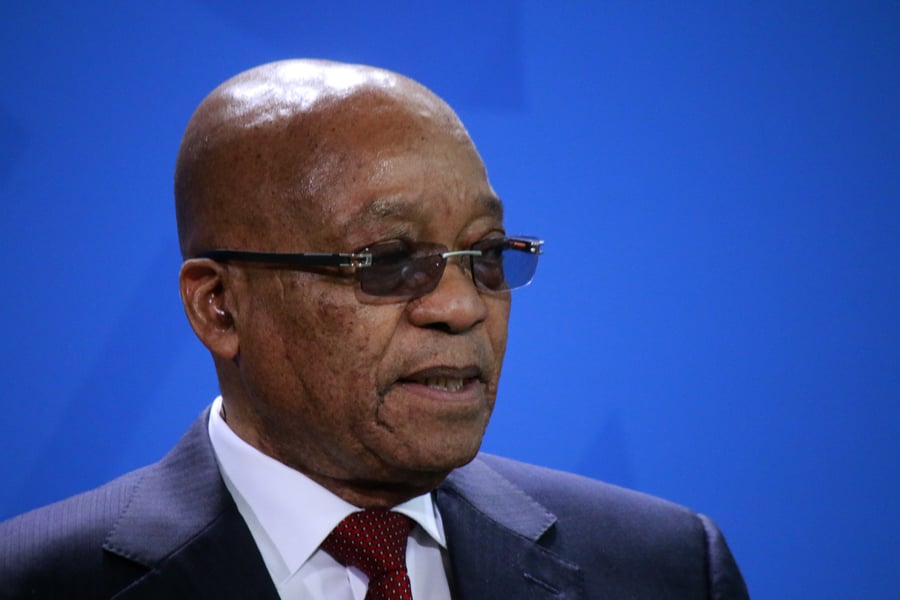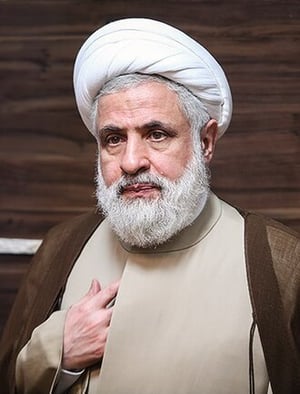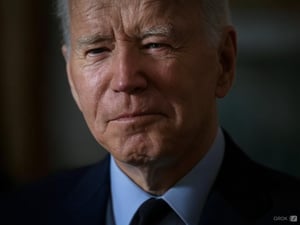
In a move that has sent shockwaves through South African politics, the African National Congress (ANC) has expelled former President Jacob Zuma from its ranks. The decision, announced in a tense and highly-anticipated news conference on Monday, marks a bitter end to Zuma's tumultuous decades-long relationship with the party he once led.
ANC Secretary General Fikile Mbalula didn't hold back as he delivered the party's verdict. "His platform is dangerous, appeals to extremist instincts in our body politic and riles up a political base that may foment social unrest," Mbalula declared. He further elaborated that the ANC's national disciplinary committee found Zuma guilty of "prejudicing the integrity or repute of the organization by acting in collaboration with" an opposing political party.
The fall from grace for Zuma, once hailed as an anti-apartheid hero, has been nothing short of dramatic. His journey from a teenage ANC recruit to president, and now to political pariah, spans over six decades of South African history. Since his forced resignation as president in 2018 amid a maelstrom of corruption scandals, Zuma has transformed from party stalwart to its most formidable rival.
Zuma's newly formed party, uMkhonto weSizwe (MK), named after the ANC's former armed wing, delivered a crushing blow to his former allies in recent elections. MK's surprising performance helped shatter the ANC's decades-long absolute majority, forcing it into a coalition government for the first time since the end of apartheid 30 years ago.
The decision to expel Zuma comes laden with emotion and symbolism. Many view it as a long-overdue reckoning, a necessary step for a party trying to shed its reputation for corruption and inefficiency. Critics argue that this move should have come years ago, pointing to Zuma's nine-year presidency as a period marked by state capture and economic decline.
However, in KwaZulu-Natal, Zuma's home province and stronghold, the news has been met with a mix of anger and disbelief. To many there, the 82-year-old remains a political folk hero, unfairly persecuted by his enemies within the ANC. This sentiment was reinforced when Zuma was jailed in 2021 for contempt of court, a move that sparked widespread protests and unrest.
As the ANC struggles to form a coalition government, now dubbed a "government of national unity," the political landscape of South Africa feels more uncertain than ever. Zuma's MK party, which won 58 out of 400 seats in Parliament, stands ready to challenge the very organization its leader once commanded. MK officials have stated unequivocally that they will not work with the ANC as long as it's led by Zuma's successor and nemesis, President Cyril Ramaphosa.
The expulsion gives Zuma 21 days to appeal, a process that's likely to keep political tensions high in the coming weeks. The MK party has already cried foul, calling the ANC's disciplinary hearing a "kangaroo court" and claiming Zuma was denied due process.
As South Africa grapples with this seismic shift in its political landscape, many questions remain. Will Zuma's expulsion help the ANC rebuild its tarnished image, or further alienate his substantial base of supporters? Can President Ramaphosa leverage this moment to assert his leadership and push forward with his anti-corruption agenda? And perhaps most crucially, how will this dramatic split in the liberation movement that ended apartheid shape the future of South African democracy?
* The New York Times contributed to this article.

















1 Comments